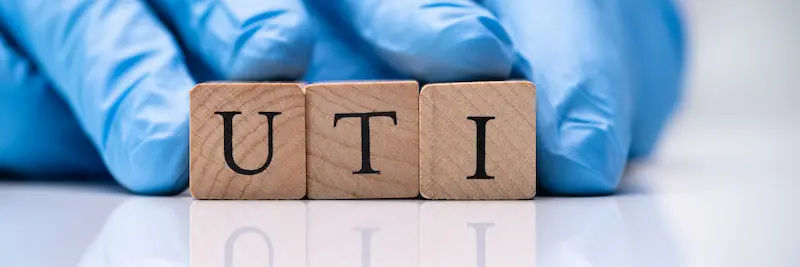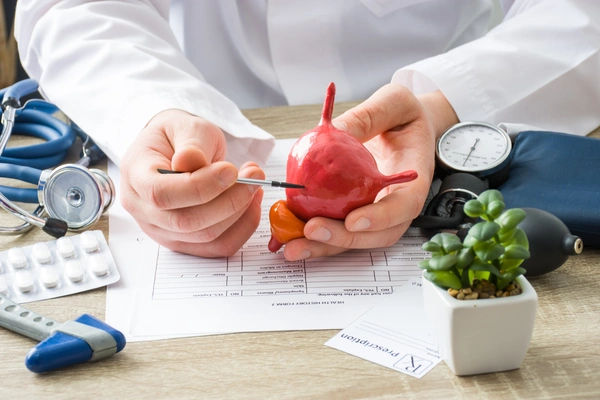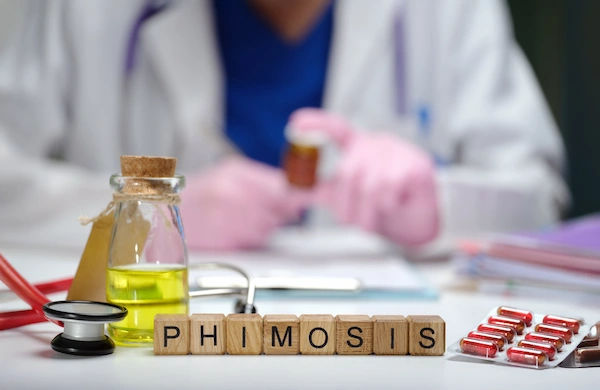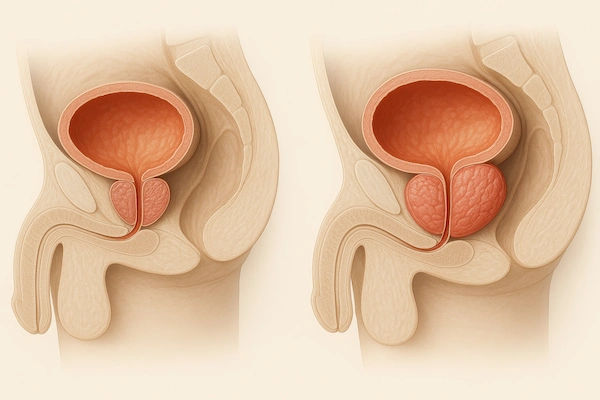- male
- 30 Years
- 22/01/2025
I'm really struggling with lasting longer during sex and it's been affecting my relationship. I've heard that some medications might help with controlling or delaying ejaculation, but I'm worried about whether this can actually solve the issue permanently. Can anyone give advice on how to increase the time, or if medication is a good route to take? Would appreciate any insights on this topic.
Answered by 1 Apollo Doctors
To increase sexual endurance, techniques like squeeze method, start-stop method, and practicing mindfulness can help control ejaculation. Medications like SSRIs or topical anesthetics may temporarily improve control, but they don't offer permanent solutions. Consulting a healthcare provider can help identify underlying causes and create a tailored approach.
Dr. Ibrahim Suggests...
Consult a Urologist
Answered 04/07/2025
0
0

More Urology Health Queries
View allWhat's the average cost of a circumcision surgery and how long is the recovery period before I can get back to normal activities
The average cost ranges from hospital to hospital,u need to take a surgery opinion for further management .Cost ranges from 90k-1.5L inr based on surgeon expertise and hospital charges and also other factors. Post op recovery is around 2-6 weeks .
Answered by 1 Apollo Doctors
What is the home remedy for frequent urination?
Avoiding caffinated drinks,alcohol,artificial sugars and doing pelvic floor exercises like Kegel's
Answered by 1 Apollo Doctors
My dad is 63 and has had an enlarged prostate for 10 years, currently on allopathy meds. Lately, he's struggling to start urinating his prostate volume is 21 cc. Is surgery necessary or can Ayurveda help manage this? How effective is Himalaya Himplasia for his condition, and what other Ayurvedic treatments could work?
CONSULT BAMS FOR THAT.
Answered by 1 Apollo Doctors
Disclaimer: Answers on Apollo 247 are not intended to replace your doctor advice. Always seek help of a professional doctor in case of an medical emergency or ailment.




